Kerguelen Islands
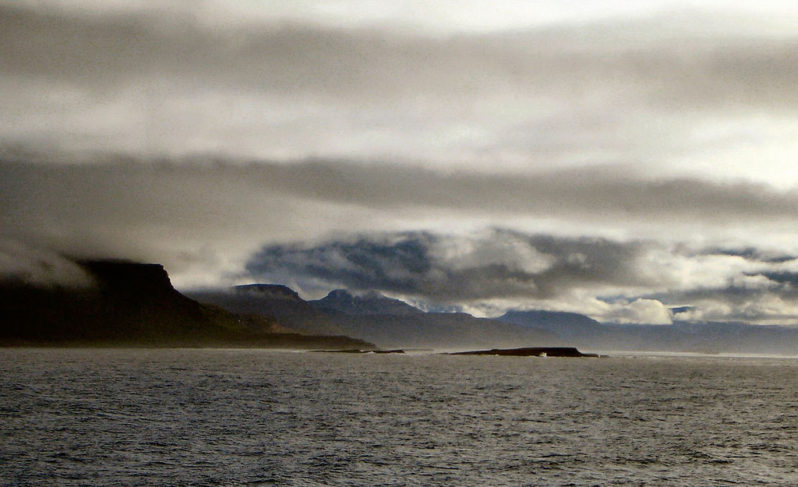
The islands are so remote and the landscape so harsh that they have also been called the “Desolation Islands.”
Alaska indigenous people see culture slipping away as sea ice vanishes
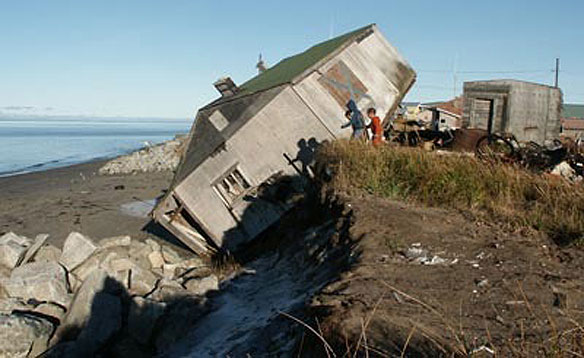
In a year almost certain to be history’s hottest, drastic environmental changes are taking a toll on food supply and even language in Arctic communities. After thousands of years of use, words are vanishing as quickly as the ice they describe due to climate change.
From the mountains to the sea: Coastal geologist speaks his mind
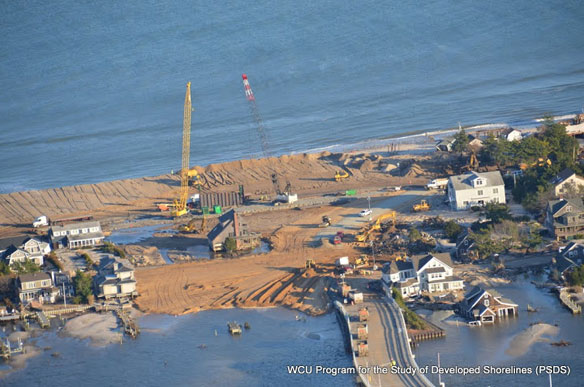
Coastal geologist Rob Young explains how the ocean is flooding coastal property and threatening to consume more land at a time of increasing temperatures, rising sea levels and extreme weather.
Mangroves: The Forests of the Tide
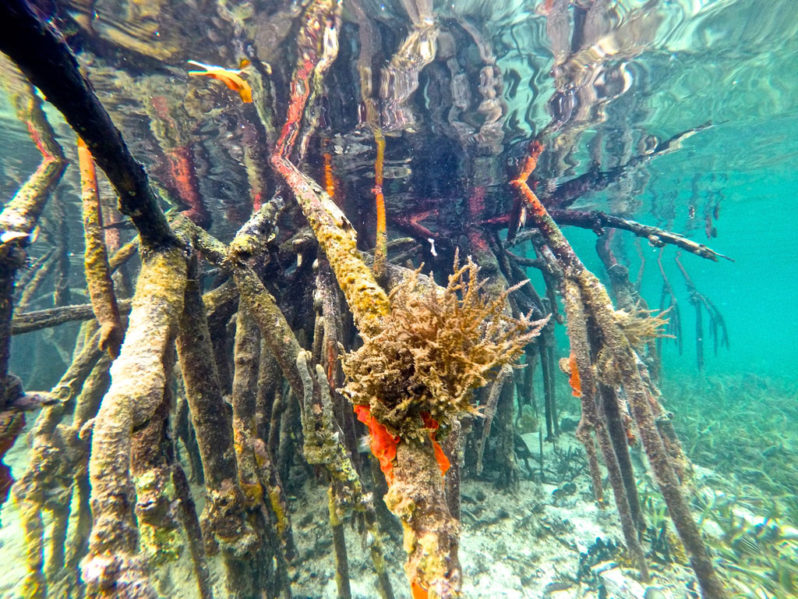
A new art exhibition in Yangon, Myanmar, shows the strange beauty of mangrove forests and the important role they play in the wider ecosystem.
Researchers estimate 10,000 metric tons of plastic enter Great Lakes every year
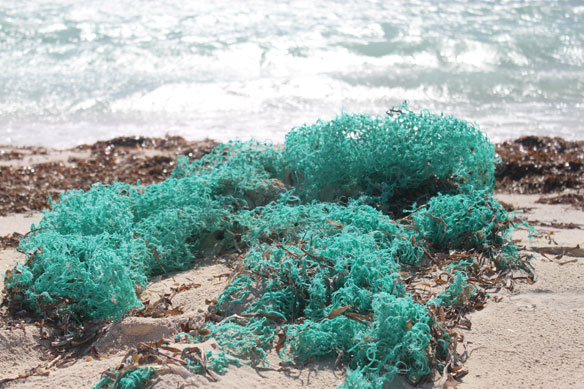
A new study that inventories and tracks high concentrations of plastic in the Great Lakes could help inform cleanup efforts and target pollution prevention. Researchers found that nearly 10,000 metric tons — or 22 million pounds — of plastic debris enter the Great Lakes every year from the United States and Canada.
Investing in fisheries management improves fish populations
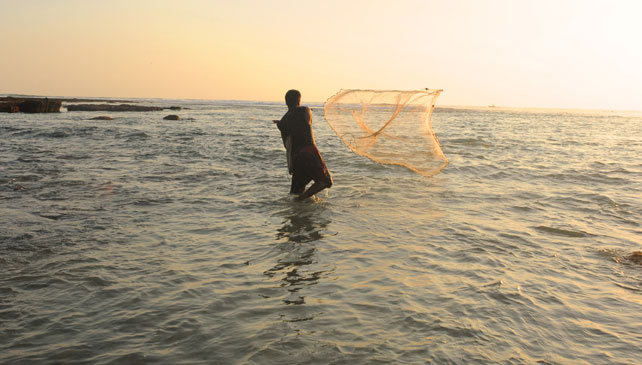
Successful fisheries management can be best achieved by implementing and enforcing science-based catch or effort limits, research shows.
If an Asteroid Hits the Ocean, Does It Make a Tsunami?
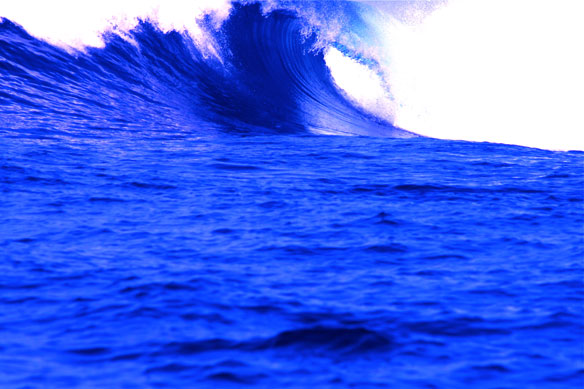
If an asteroid hits one of our oceans — water makes up for 70 percent of our planet’s surface and is therefore a more likely scenario — the scope of the impact is poorly understood.
Exxon Mobil oil spill hits communities in southeast Nigeria
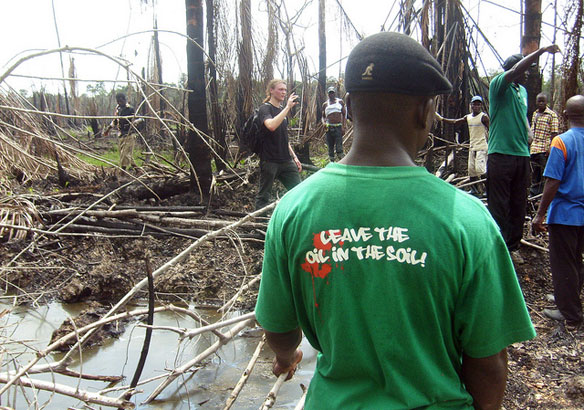
An oil spill from Exxon Mobil Corp facilities in southeast Nigeria’s Akwa Ibom state has hit local communities, affecting farming, fishing and drinking water.
Tsunami risk for Florida and Cuba modeled
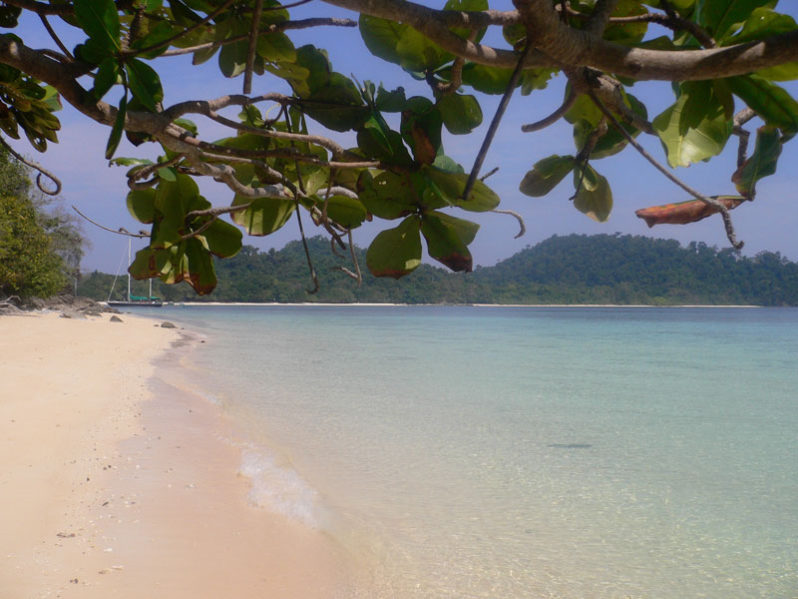
While the Caribbean is not thought to be at risk for tsunamis, a new study indicates that large submarine landslides on the slopes of the Great Bahama Bank have generated tsunamis in the past and could potentially again in the future.
